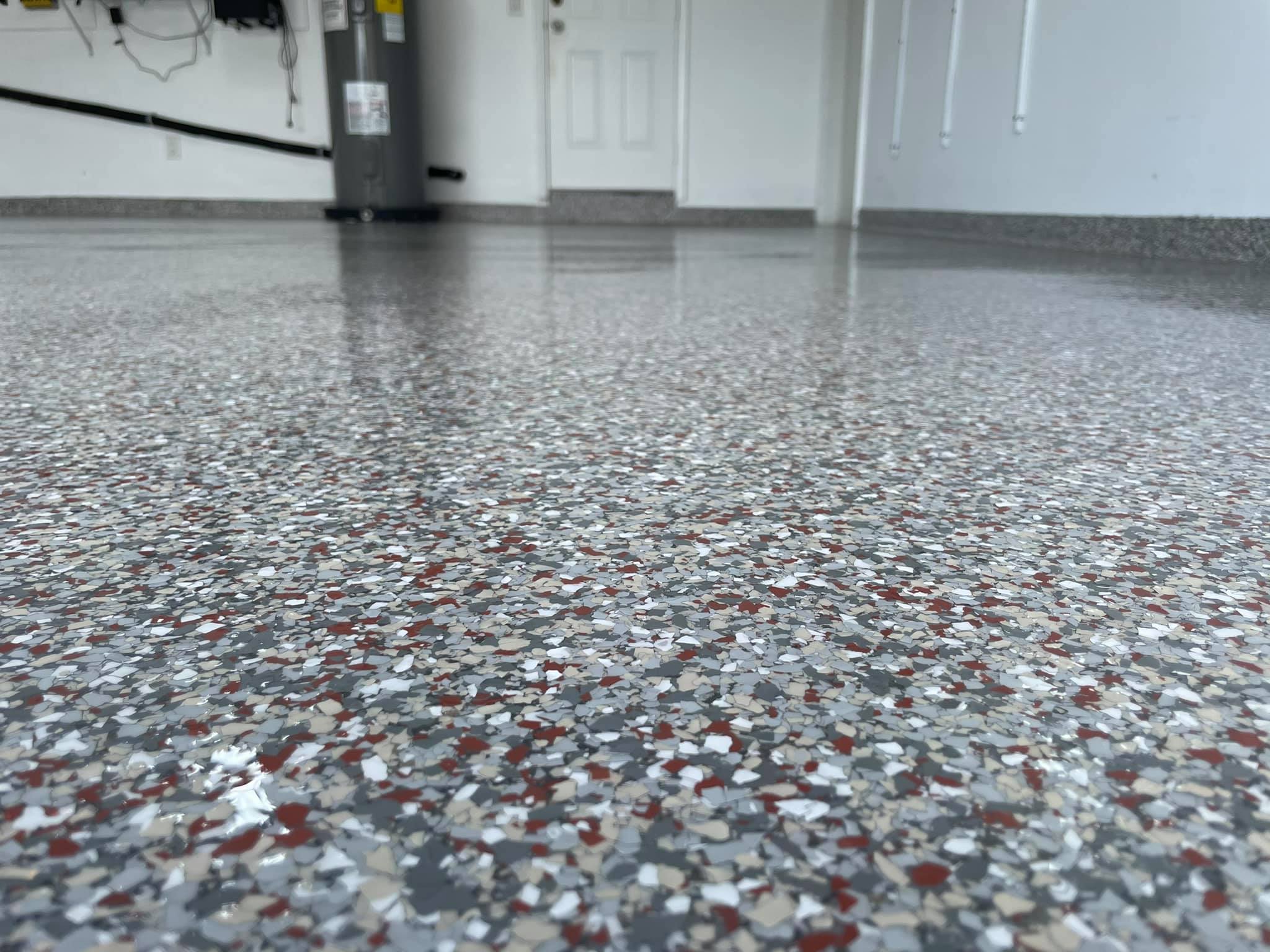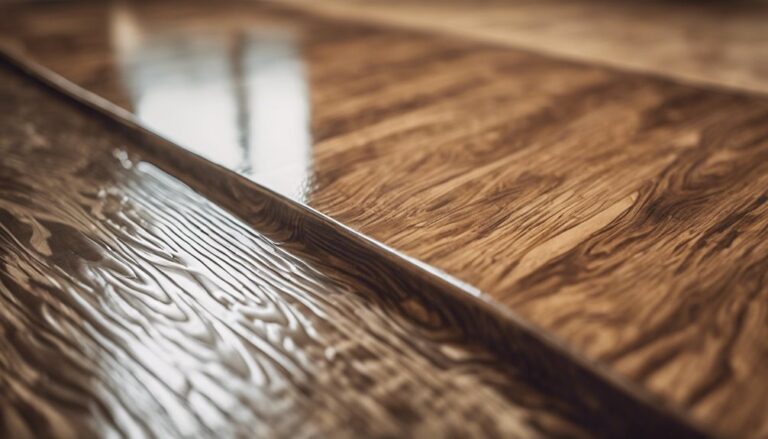Are you considering giving your floors a sleek, durable makeover with epoxy flooring but wondering about the costs involved? You’re not alone.
Many homeowners and business owners are curious about how much epoxy flooring costs per square foot. Understanding these costs can help you plan your budget effectively, avoid surprises, and make informed decisions about your flooring project. But here’s the twist: knowing the price per square foot is just the beginning.
What if we told you that the cost can vary depending on factors you might not have considered yet? Keep reading to discover everything you need to know about epoxy flooring costs and how to get the best value for your investment. Your perfect floor might be more affordable than you think!
Factors Influencing Cost
The quality of the epoxy affects the price. High-quality epoxy costs more. It lasts longer and looks better. Cheaper epoxy may not be as strong. It might need replacing sooner.
Preparing the surface is crucial. It can involve cleaning, sanding, or repairing. A clean, smooth surface ensures the epoxy sticks well. More prep work means higher costs.
Some floors are tricky to install. A simple floor is easier and cheaper. Complex patterns or uneven surfaces increase costs. More time and skill are needed.
Where you live can change the cost. In big cities, prices are often higher. In rural areas, it might be cheaper. Supply and demand vary by location.
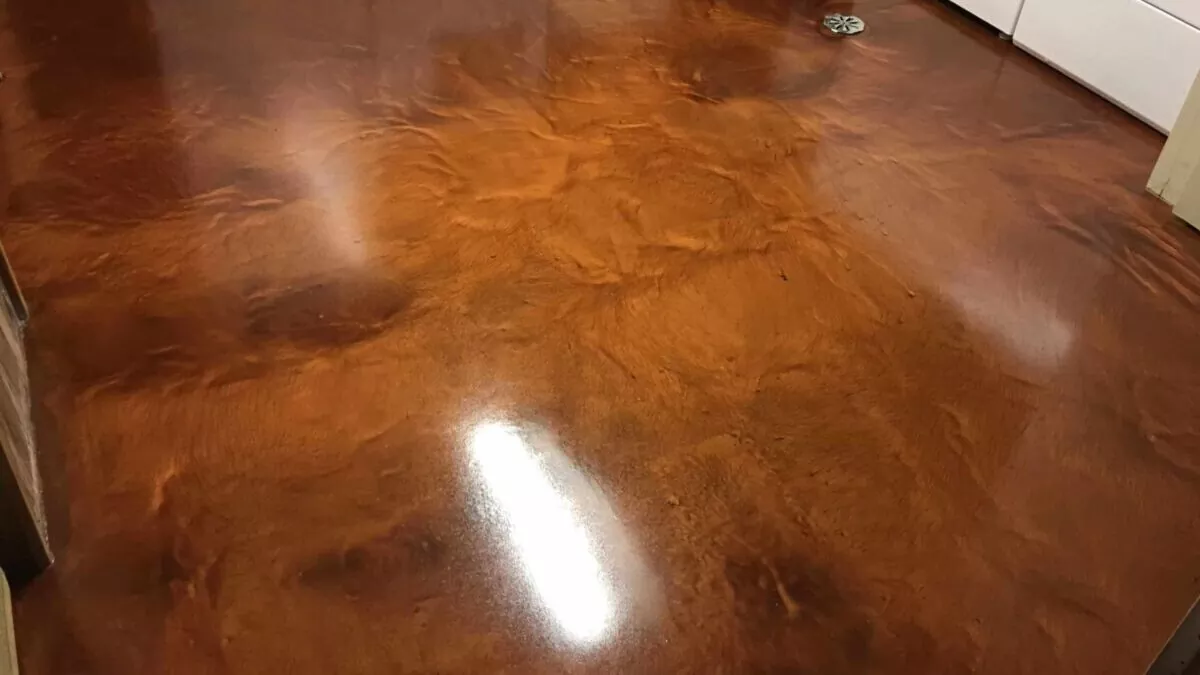
Types Of Epoxy Flooring
Solid epoxy is tough and durable. It offers a strong base for floors. This type is often used in garages and warehouses. Its smooth finish makes cleaning easy. Solid epoxy is also resistant to chemicals. It can handle heavy machinery without damage.
Metallic epoxy has a shiny look. It creates a 3D effect on floors. People love its unique designs. This type is ideal for showrooms and homes. It makes floors look like liquid metal. Metallic epoxy is also long-lasting and can handle foot traffic.
Quartz epoxy is known for its strength. It mixes quartz grains with epoxy. This adds texture to the floor. It is perfect for areas that need extra grip. Bathrooms and kitchens benefit from this type. Quartz epoxy is slip-resistant and safe.
Flake epoxy is colorful and fun. It uses colored flakes in the mix. This type is great for playrooms and offices. It hides scratches and dirt well. Flake epoxy is also easy to maintain. It gives a vibrant look to any floor.
Cost Breakdown
Epoxy flooring costs between $3 to $12 per square foot. Factors like materials, labor, and design influence pricing. Homeowners can choose from budget-friendly to premium options, depending on their needs.
Material Costs
Epoxy flooring materials can be cheap or pricey. Basic epoxy costs around $3 to $7 per square foot. Premium options might cost more. The price often depends on the quality and brand. Color and style choices affect costs too.
Labor Costs
Hiring professionals adds to the cost. Labor usually costs $1 to $5 per square foot. Skilled workers ensure proper installation. This cost varies based on the complexity of the job. Experience matters.
Additional Expenses
Extra costs may surprise you. Surface preparation might need cleaning and repairs. These can add $1 to $2 per square foot. Some projects need special tools. Tools might be rented or bought. This adds more to the total cost.
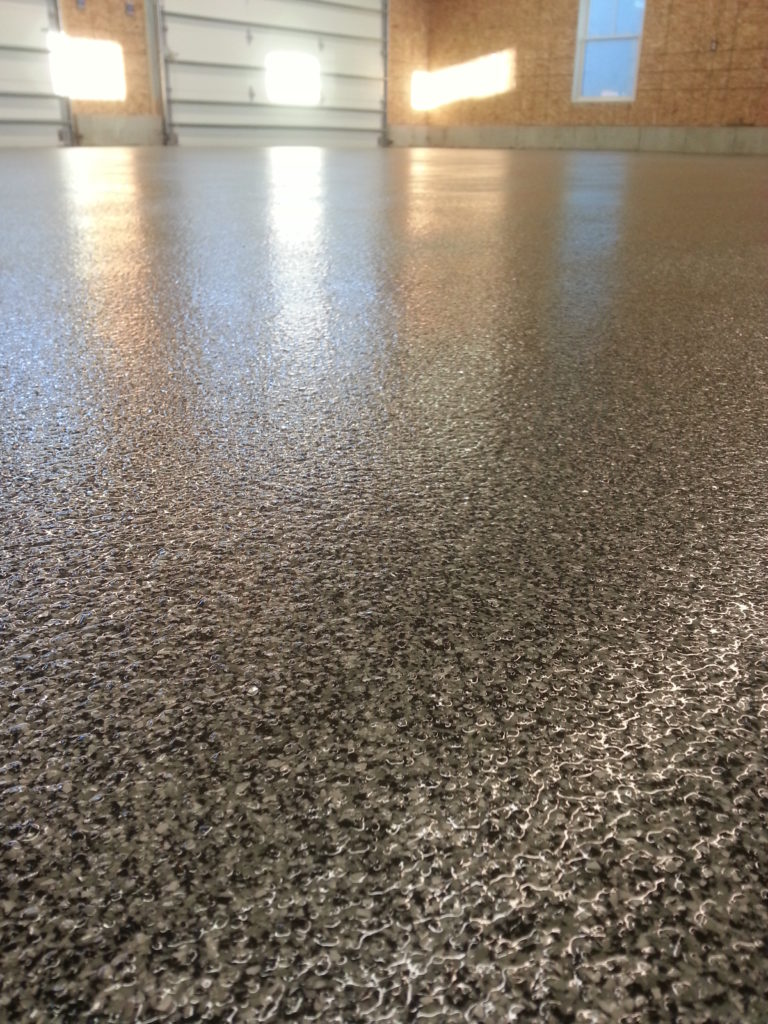
Comparing Diy Vs Professional Installation
DIY epoxy flooring can save money. It offers flexibility and control. You can choose the design yourself. Risk of mistakes is higher. Errors can lead to extra costs. Some tasks are hard and need special tools. Proper preparation is crucial. Lack of skills can affect results. Time-consuming process. It can take several days. Experience can make a big difference.
Professionals bring expertise. They know the best practices. Quality results are more likely. Work is done faster. Professionals have special tools. They handle challenges well. Less stress for you. You don’t worry about mistakes. Guarantee on work can be available. It ensures peace of mind. Safety is a priority. Professionals follow safety rules. Results often look better.
Budgeting Tips
Epoxy flooring costs can vary. Many factors affect the price. First, consider the size of the area. Larger spaces may cost more. But bulk materials can be cheaper. Also, the type of epoxy matters. Some types are more expensive. Labor costs add to the total. Experts charge for their work. It’s important to check all these factors.
There are ways to save money. Buy materials in bulk if possible. This can lower the price per unit. Also, compare different suppliers. Some offer better deals. Another tip is to do it yourself. DIY can cut labor costs. But be sure you know how to apply epoxy. Mistakes can be costly. Plan carefully to avoid extra expenses.
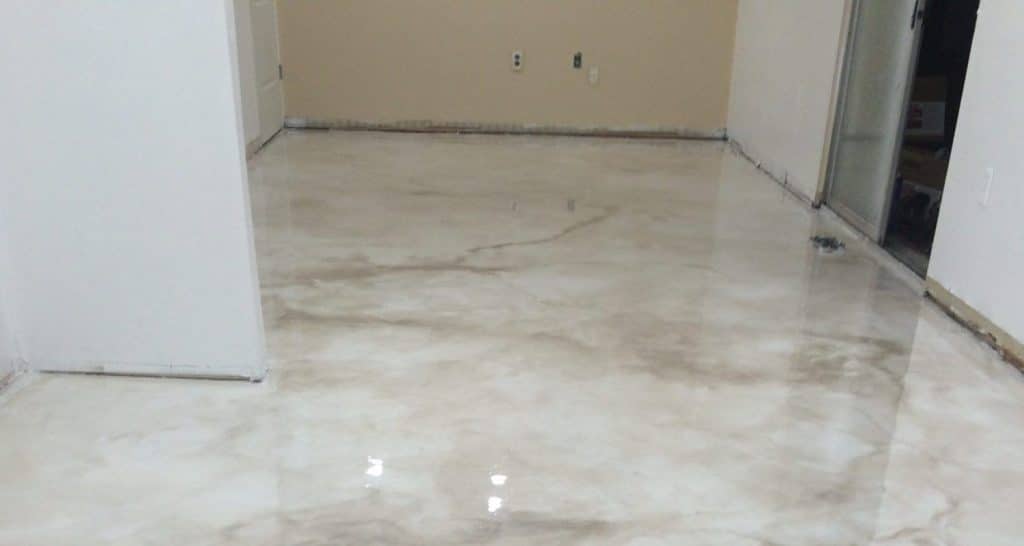
Faqs On Epoxy Flooring Costs
The cost of epoxy flooring can vary. It usually ranges between $3 to $12 per square foot. The price depends on the type and quality of epoxy. Labor costs can also affect the price.
Epoxy flooring is affordable compared to other flooring options. It offers durability and longevity. This makes it a cost-effective choice.
Several factors can affect the cost. These include the size of the area, type of epoxy, and labor involved. Additional features, like designs or textures, can also increase the cost.
Installing epoxy flooring yourself can save money. But it requires skill and experience. Mistakes can lead to extra costs. It’s best to consider hiring a professional for best results.
Frequently Asked Questions
What Is The Average Cost Of Epoxy Flooring?
Epoxy flooring typically costs between $3 to $12 per square foot. Prices vary based on factors like design complexity and installation method. Labor, materials, and surface preparation can also affect total costs. Consulting with a professional can provide an accurate estimate for your specific project needs.
How Does Epoxy Flooring Installation Affect Costs?
Installation costs depend on the floor’s condition and complexity. Professional installers ensure the surface is well-prepared, impacting overall pricing. A simple installation costs less, while intricate designs or repairs increase expenses. It’s important to get quotes from multiple contractors for a better understanding.
Are There Different Types Of Epoxy Flooring?
Yes, there are various types of epoxy flooring, such as water-based, solvent-based, and solid epoxy. Each type has unique benefits and pricing. Water-based epoxy is generally cheaper, while solid epoxy offers durability at a higher cost. Choosing the right type depends on your budget and requirements.
Can I Install Epoxy Flooring Myself To Save Money?
DIY installation can save costs but requires skill and preparation. Ensure you follow instructions carefully to avoid mistakes. The preparation process is critical for a successful result. If unsure, hiring a professional ensures quality work and could prevent costly errors.
Conclusion
Epoxy flooring offers a durable choice for many spaces. Costs vary based on factors like materials and labor. It’s important to compare different installers and materials. This ensures you get the best deal for your budget. Consider long-term benefits too.
Epoxy floors are resistant and last for years. This can save money on repairs. Think about your specific needs before deciding. A little research goes a long way. Epoxy flooring is an investment in quality and longevity. Choose wisely and enjoy the lasting benefits of your new floor.

